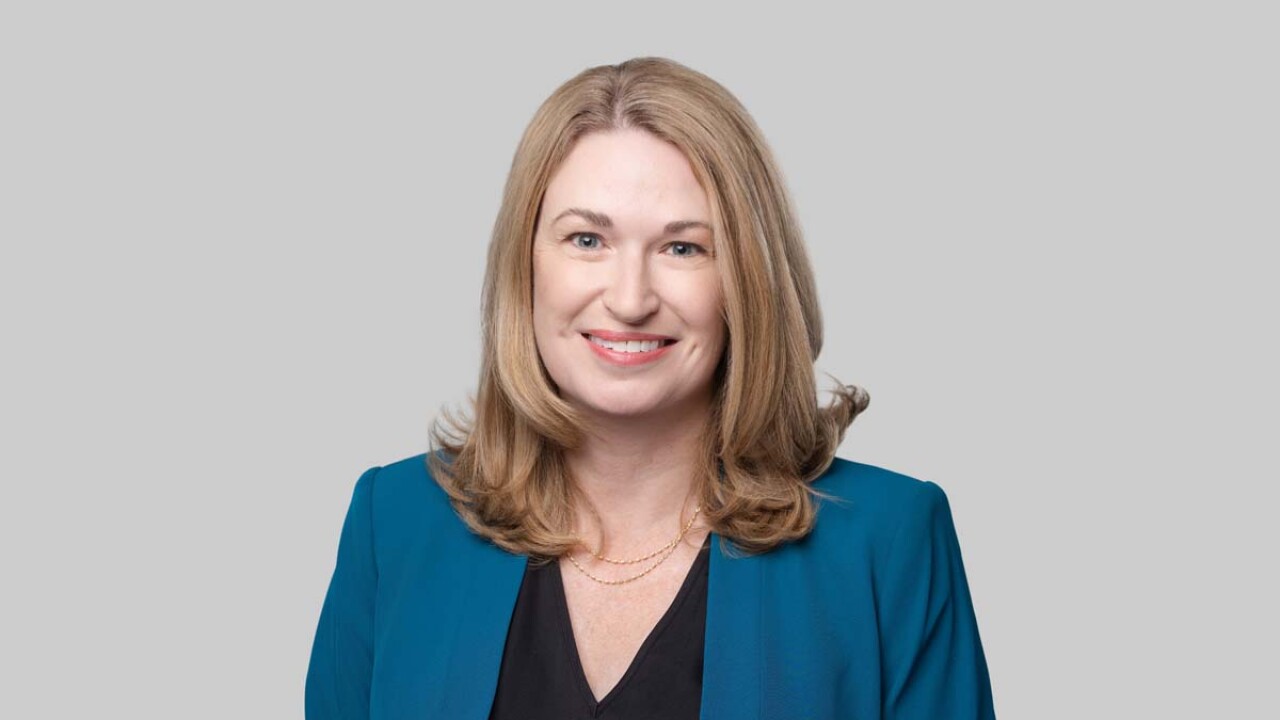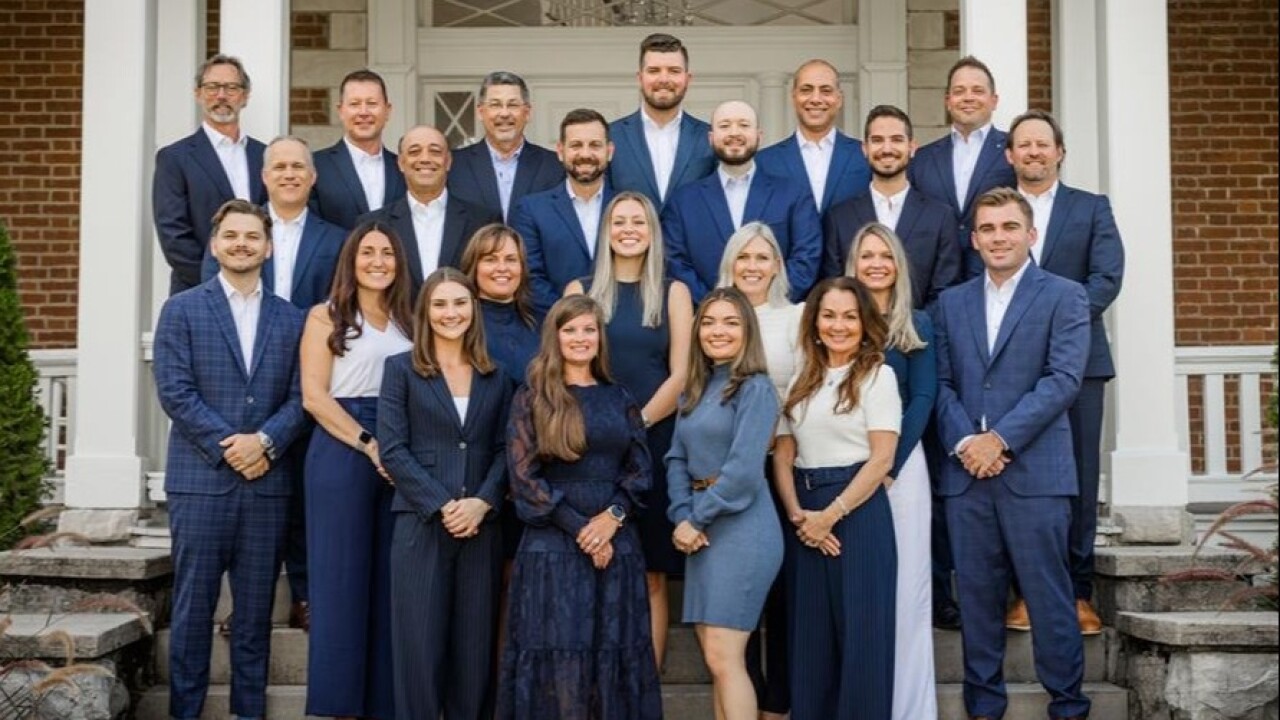Recent talk about tax-efficient and tax-minimizing funds has created a sense among investors that they should invest with an eye towards minimizing taxes. But few know how to actually do that, a recent Dreyfus Corporation study shows.
About two out of three, or 67 percent, of investors are not knowledgeable about the tax implications of investing and nearly all, 94 percent, are unfamiliar with the 1997 Taxpayer Relief Act, a Dreyfus poll of 1,000 mutual fund shareholders found.
Dreyfus, based in New York, also found in its 1999 Tax Informed Investing Study' that an overwhelming majority, 82 percent, do not know that the maximum rate for long-term capital gains is 20 percent.
The study further showed that respondents incorrectly believe that tax-efficient funds invest only in tax-free securities. Thirty-nine percent incorrectly said that only those funds that invest in tax-exempt securities are tax efficient, and 46 percent incorrectly said that it is always better to choose a tax-free investment over a taxable one.
Even so, 85 percent acknowledged that taxes play a critical role in investing. But, the respondents who said they believe taxes are a critical element of investing were more prone to answer questions incorrectly, the study showed.
Those who seemed to have a good grasp of tax implications were male, affluent (with incomes of $100,000 or more), or already retired, according to Dreyfus.
Christopher "Kip" Condron, chief executive officer of Dreyfus and chief operating officer of Mellon Bank, said these findings show mutual funds there is a big window of opportunity to educate investors about how taxes bear on their assets.
"Clearly, taxes affect overall returns, and a greater understanding of tax issues will provide a more positive investment experience for individuals," Condron said. "We are in the process of developing a number of tax-education programs to help investors maximize returns and minimize taxes."
While few of the respondents in the study said they rely on the professional investment advice of independent advisors, of the 32 percent of those who do, 85 percent said taxes are an important part of their decision-making process. (The study defined professional advice as that provided by a financial advisor or consultant independent of a mutual fund company or discount broker.)
Lipper does not track funds with tax-efficiency as part of their overall strategy, but can point to 21 funds currently with some derivation of "tax efficiency" in their title. There were only 10 such funds in 1997 and six in 1996, according to the mutual fund tracking firm, based in New York.





